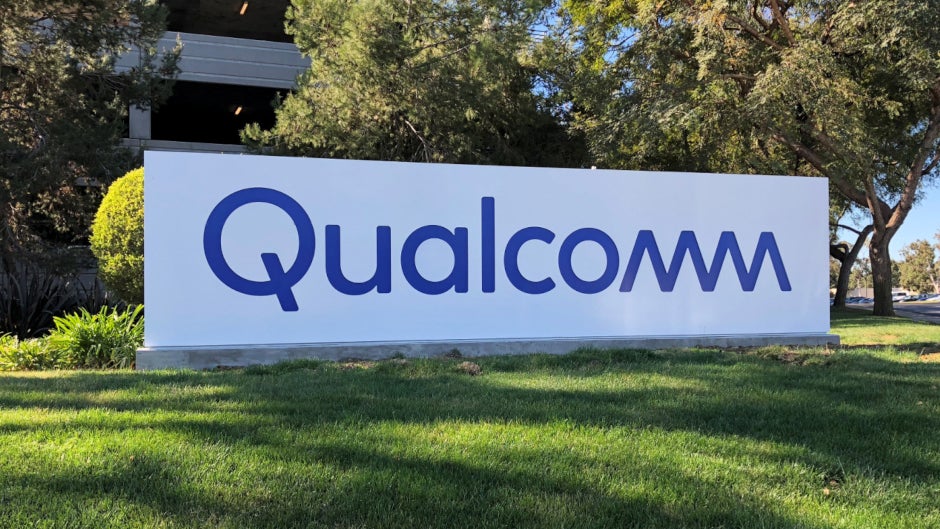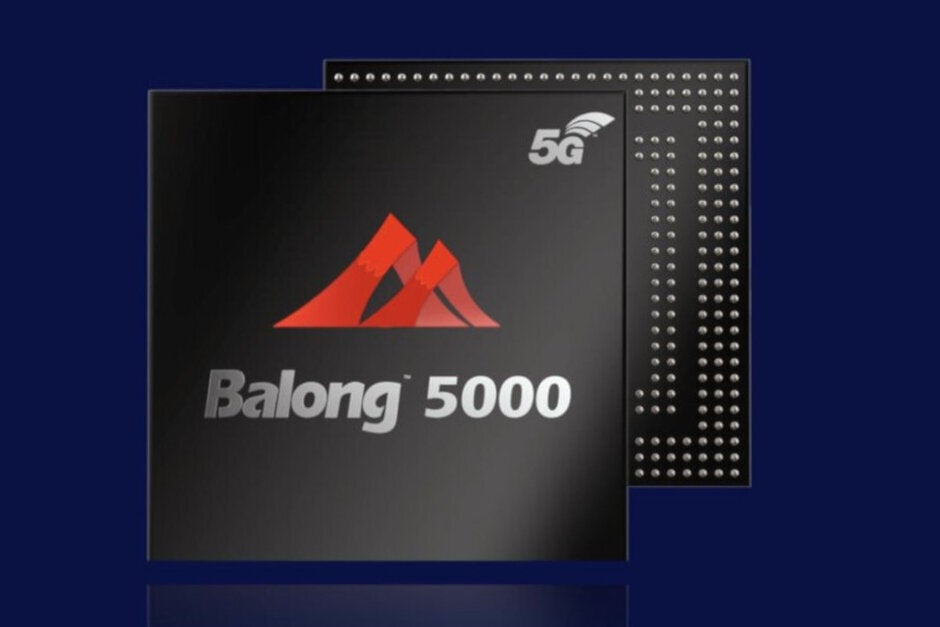Ban on Huawei is also hurting U.S. tech firms; Qualcomm is one example

While there is no question that Huawei's placement on the U.S. Commerce Department's Entity List has hurt the manufacturer the most, something pretty big is being overlooked. The firm's U.S. suppliers are losing out on business that brought in $11 billion last year. That is the amount of money that Huawei paid U.S. suppliers in 2018, and it won't be replaced by doing business with another company. Chip designer Qualcomm is a good example of how the Huawei ban is actually hurting American firms.
Yesterday afternoon, according to MarketWatch, Qualcomm reported its earnings for the fiscal third quarter that ended in June. Revenue was down 13% and net income declined by 34% on an annual basis. Those numbers don't include the billions that Apple paid the company to settle all legal disputes, obtain a six-year product license (with a two-year option) and procure a multi-year chip supply agreement. So Qualcomm's normal business operations had a very poor showing from April through June, and it was May 16th when Huawei was placed on the Entity List.
Huawei and Qualcomm are in a dispute over royalties
The company's CEO,Steve Mollenkopf, poured fuel on the fire yesterday by sharply reducing Qualcomm's estimates for the current fiscal fourth quarter. While analysts expected Qualcomm to report revenue of $5.67 billion and earnings per share of $1.09, the executive said that the firm will report revenue in a range of $4.3 billion to $5.1 billion with earnings between 65 and 75 cents a share. Mollenkopf says that this estimate does not include any payments from Huawei (more on that later). The lower Q3 numbers and the lower Q4 estimate had investors rushing to sell Qualcomm's shares this morning; the stock dropped as low as $68.25 after closing regular trading on Wednesday at $73.16.
While Huawei does produce its own Kirin chipsets and Baloong modem chips, it does buy a small amount of Snapdragon modem chips from Qualcomm. But during the latter's fiscal Q3, Chinese manufacturers that order in higher quantities from Qualcomm, like Xiaomi and Oppo, had lower shipments during the period.
"As a result of the export ban, Huawei shifted their emphasis to building market share in the domestic China market where we do not see the corresponding benefit in product or licensing revenue. In addition, our customers in the China market are working through their existing 4G inventory and de-emphasizing their second-half 2019 4G launches as they shift their priority to their 5G launches in early 2020. As a result, we do not expect the typical seasonal benefits given this unique market dynamics."-Steve Mollenkopf-CEO, Qualcomm

Huawei makes its own Baloong modem chips
Qualcomm and Huawei are currently in a dispute over royalties and in January the Chinese manufacturer paid Qualcomm some of what it owes. Qualcomm's business practices could be forced to change thanks to a decision made by Judge Lucy Koh in the FTC v. Qualcomm non-jury trial. The decision branded Qualcomm's chip-selling policies anti-competitive. Some of these policies include it's infamous "no license-no chips" requirement, charging royalties based on the retail price of a handset instead of the cost of the component, and not licensing its standard-essential patents to rivals. The latter are patents that manufacturers must license in order to make sure that their products meet technical standards. These patents are licensed using fair, reasonable and non-discriminatory (FRAND) pricing.
Qualcomm has been trying to get the judge's decision stayed until it goes through the appeals process. This way it won't have to renegotiate all of its current contracts with phone manufacturers, and if it wins on appeal, reverse the contracts again to their current status. Judge Koh turned down Qualcomm's request and the chipmaker has requested a stay from the U.S. Court of Appeals for the Ninth Circuit.
Follow us on Google News













Things that are NOT allowed:
To help keep our community safe and free from spam, we apply temporary limits to newly created accounts: